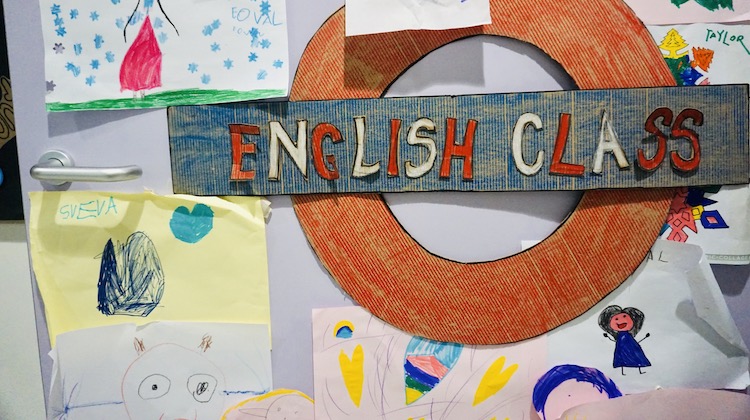Are you lying down or have you been lying?
Have a ball at the ball!
Why does the dog bark and the tree have bark?
Why is English so confusing? If you feel puzzled reading any of these sentences do not feel alone, deciphering the English language can be challenging. However, do not feel so intimidated that you do not want to try to learn all the different meanings of words that are spelled the same or sound the same but have very different meanings. It may be frustrating and something you feel you may never quite get right but in the end, if you grow your vocabulary it will be enormously satisfying and make you look so professional and confident when speaking English. So without further ado, here is a small guide to English words that have multiple meanings.
If these terms made you want to run and hide, it’s okay, we will break it down simply. It’s important to distinguish between homophones, homonyms, and homographs and interestingly all languages have them.
Homophones, from the Latin “same sounds”, share the same pronunciation when spoken but have different spelling and meanings. Common examples of homophones are heel (at the back of the foot) and heal (to mend physically), where (the place of something) and wear (putting on clothes) and cell (microscopic units that make up an organism and sell (to offer something for a price).
These are easy to spot in written English looking at the spelling but less obvious to figure out in spoken English.
Homographs come from the Greek meaning “same writing” and therefore are words that are spelled the same but have different pronunciations. While this might seem impossible to master, it's essential to look at the context of the word to see if there might be another meaning. Homographs you might find often in text include
- Read and read (infinitive verb and past forms are the same, the difference is in the pronunciation- past tense of read sounds like the colour red but is spelled read)
- Bass (a type of fish) and bass (a musical instrument) or bass (low tone)
- Second (60 make up a minute) and second (after the first place)
- Novel (unique) and novel (a fiction book)
Interestingly some sources say that homographs should be pronounced differently but the Oxford English Dictionary says that these words should be of different origin as well.
So how should you tell these words apart - well, it is important to know that many words in English can have multiple meanings and you need to find the one that best matches the context. For instance in this sentence:
“I read a book yesterday and will read another tomorrow” it makes sense that the verb “read” is in the past since it happened yesterday.
And “I play the bass in a band but I caught a big bass yesterday” - it is clear that the person is not speaking about playing a fish but a musical instrument but when speaking about catching a fish, the type of fish is a bass.
Can you work out these examples;
- I refuse to work any longer and I shall now take out the refuse
- A tear ran down my face as I saw the man tear a page out of my favourite book
Finally, the third sister of this trio - homonyms are words that can be either homophones or homographs or both. They are words that have identical spelling or pronunciation but have widely different meanings.
Take a look at these commonly used homonyms:
- Bark (sound a dog makes) and bark (the brown part of a tree trunk)
- Bear (large brown animal found in the woods) and bare(naked)
- Glasses (cups from which to drink) and glasses (common words for spectacles)
- Compact (cosmetic case) and compact (to make small or firm)
- Draw (to create a picture) and draw (to pull or tow something) or draw in sports (when a match results in both teams having an equal score) or when tea is left to draw (the leaves are left so that the flavour can be extracted)
- Fell (past tense of fall) or fell a tree (to cut or chop it down)
There is no easy way to learn homonyms - it comes with reading, practice, and exposure to the language. The best way other than to learn and memorise is to look at the context. Ask yourself, is there a synonym that could mean the same that I understand the meaning of? Or how could I put it into a context that makes sense, usually one cannot play a musical fish, for example.
Learning words with multiple meanings will give you many advantages by giving you a wider range of vocabulary and understanding. If you want to stand out and look more fluent you can impress native speakers by not looking confused when they say “the tea needs to draw” or “we are going to fell a tree.” Keep going and good luck stepping into the wide world of homonyms.







